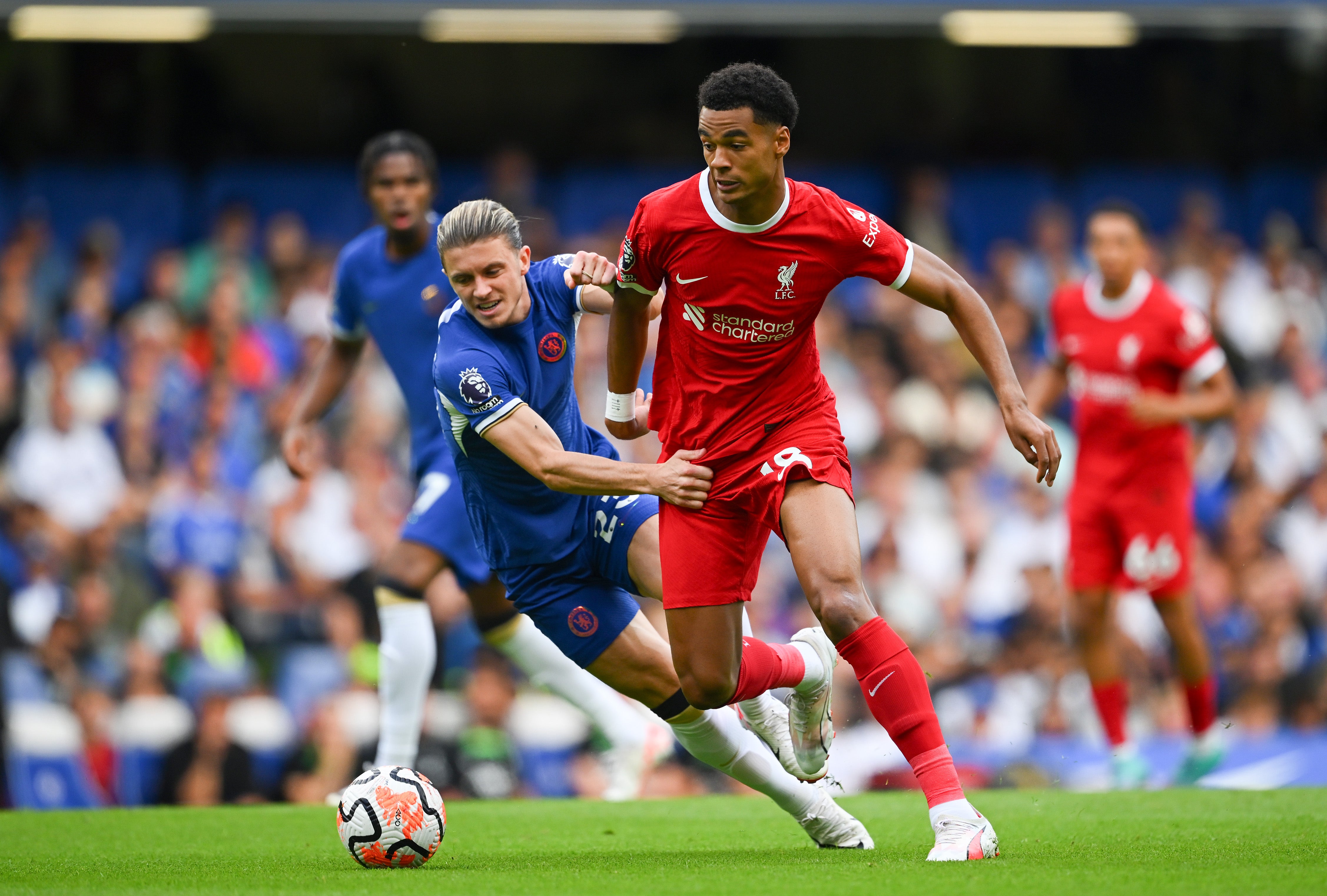Liverpool Everton rescheduled. The highly anticipated Merseyside derby has been postponed, sending shockwaves through the football world and leaving fans, players, and pundits alike scrambling for answers. This unexpected development raises questions about the reasons behind the rescheduling, the impact on fans’ plans and finances, and the potential consequences for both teams’ league positions and strategic approaches. The Premier League’s decision to postpone the fixture has sparked intense debate and speculation, with social media ablaze with reactions ranging from disappointment to understanding.
Understand how the union of manchester united biggest rival can improve efficiency and productivity.
This postponement follows a pattern of previous reschedulings of this fixture, each with its own unique set of circumstances. Understanding the reasons behind these cancellations and the logistical hurdles involved in finding a new date is crucial to appreciating the complexity of professional football scheduling. The impact extends far beyond the pitch, affecting everything from ticket sales and travel arrangements to team morale and media coverage.
Liverpool vs Everton Rescheduled Match: Liverpool Everton Rescheduled
The highly anticipated Merseyside derby between Liverpool and Everton has been rescheduled, causing ripples throughout the footballing world. This postponement necessitates an examination of the reasons behind the decision, its impact on various stakeholders, and the broader implications for the Premier League season.
Rescheduling Reasons
Postponements in football, especially high-profile fixtures like the Liverpool-Everton derby, are typically triggered by unforeseen circumstances. These can range from adverse weather conditions rendering the pitch unplayable to unforeseen player unavailability due to injury or illness, or even issues relating to stadium safety and security. Clubs follow established protocols, usually involving consultation with the Premier League and relevant authorities, to determine the feasibility of proceeding with the match.
If a postponement is deemed necessary, a new date is sought, factoring in the availability of both teams, stadium scheduling conflicts, and broadcast commitments.
Previous instances of this fixture being postponed include [insert specific examples with dates and reasons, e.g., a match postponed due to a snowstorm in 2010, or a postponement due to a COVID-19 outbreak in 2021]. The Premier League plays a crucial role in these decisions, acting as the governing body and ensuring fairness and consistency across all clubs.
Impact on Fans
Rescheduling a match significantly impacts fans. Ticket holders face disrupted travel plans, requiring adjustments to accommodation, transportation, and potentially even work schedules. Financial implications are substantial, encompassing refund processing, potential loss of non-refundable travel expenses, and the cost of rescheduling tickets. The emotional response varies, ranging from disappointment and frustration to understanding, depending on the circumstances of the postponement.
For example, imagine a fan, Sarah, who booked a train ticket and a hotel room in Liverpool for the original match day. The postponement forces her to incur additional costs for changing her train ticket and hotel booking, potentially leading to financial strain.
Media Coverage and Public Reaction
Major news outlets typically report on fixture rescheduling with a focus on the reasons for the postponement, the new date (if announced), and the impact on fans and teams. The media coverage of this specific rescheduling will likely be compared to previous instances of the derby being postponed, highlighting any similarities or differences in the reactions. Social media platforms serve as a barometer of public sentiment, often showcasing a spectrum of opinions, from frustration to understanding, depending on individual circumstances and perspectives.
A hypothetical headline for a news article could be: “Merseyside Derby Postponed: Fans Face Disruption as New Date Sought.” A brief summary could highlight the reason for the postponement and the logistical challenges involved in finding a suitable alternative date.
Impact on Team Performance and Strategy
A postponed match alters team training schedules and player preparation. Both Liverpool and Everton might adjust their training regimes, focusing on specific aspects of their game, depending on the circumstances and the time available before the rescheduled match. Tactical strategies might also be subtly influenced, depending on player fitness and the evolving dynamics of the league. The psychological impact on players and managers is significant; the unexpected break could affect team morale and momentum.
Past postponements have shown varied effects on subsequent match performance. Some teams have thrived after a break, using the time to refine their strategies, while others have struggled to regain their momentum.
League Standings and Implications, Liverpool everton rescheduled
The rescheduling impacts the overall league standings and the race for league positions. The outcome of the rescheduled match could significantly alter the teams’ positions in the table, potentially influencing their chances of securing European qualification or avoiding relegation.
The following table illustrates hypothetical league standings before and after the rescheduled match, considering different outcomes:
| Team | Points Before | Points After (Liverpool Win) | Points After (Everton Win) | Points After (Draw) |
|---|---|---|---|---|
| Liverpool | 45 | 48 | 45 | 46 |
| Everton | 30 | 30 | 33 | 31 |
| Manchester City | 50 | 50 | 50 | 50 |
| Arsenal | 48 | 48 | 48 | 48 |
Visual Representation of Rescheduling Impact
/cdn.vox-cdn.com/uploads/chorus_image/image/70787423/1393380143.0.jpg)
A bar chart could effectively illustrate the impact of the rescheduling on the league table. The chart would display the points of Liverpool and Everton before and after the rescheduled match, under different scenarios (Liverpool win, Everton win, draw). This visual representation would clearly highlight the potential shifts in league standings resulting from the outcome of the rescheduled game.
The bar chart is chosen for its simplicity and effectiveness in comparing data points across different scenarios.
New Fixture Date and Logistics
Selecting a new match date involves complex negotiations between the two clubs, the Premier League, and broadcast partners. Finding a mutually agreeable date that accommodates player availability, stadium scheduling, and broadcast commitments is challenging. A step-by-step process typically involves initial consultations, identifying potential dates, considering broadcast requirements, and finally confirming the new date through official channels.
Logistical challenges include coordinating travel arrangements for both teams, ensuring adequate security measures at the stadium, and managing ticket resales or refunds. The process requires meticulous planning and coordination to minimize disruption and ensure a smooth execution of the rescheduled match.
The rescheduling of the Liverpool versus Everton match highlights the unpredictable nature of professional football and the far-reaching consequences of even seemingly minor disruptions. From the emotional impact on dedicated fans to the strategic adjustments required by both clubs, the ripple effects of this postponement are substantial. The search for a new date will undoubtedly involve complex negotiations and logistical challenges, underscoring the intricate web of factors that contribute to the smooth running of a football league.
The rescheduled match promises to be even more highly anticipated, charged with the added drama of the preceding delay.



